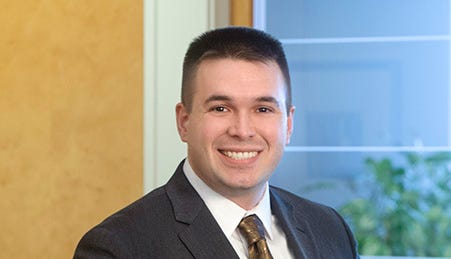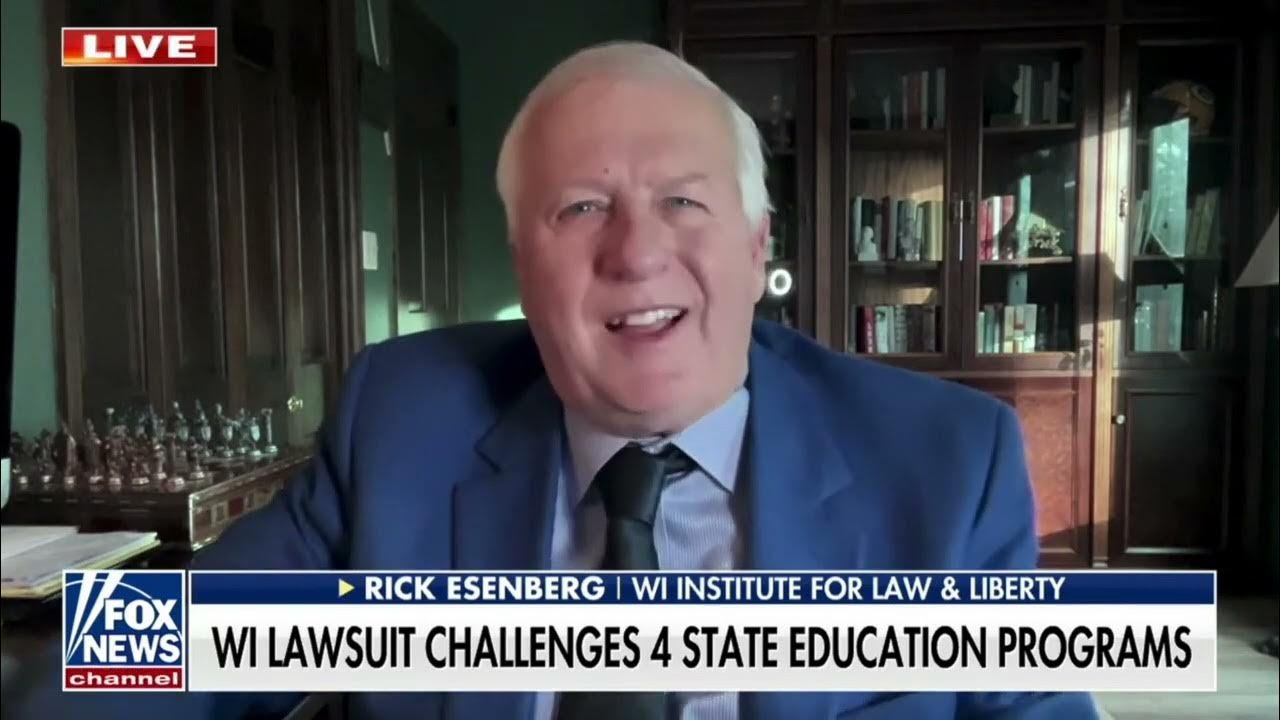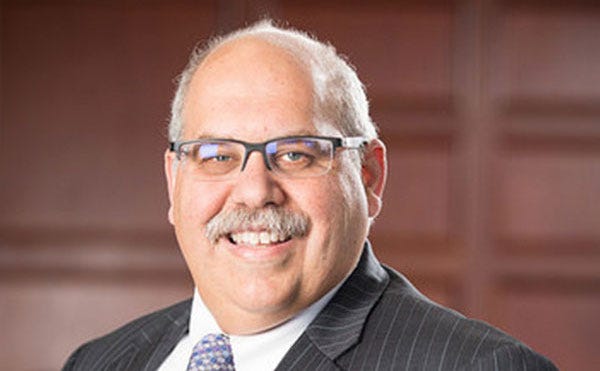Legal eagles
FreeCon signatories defend rule of law in court, media, and politics
Among the major concerns shared by Freedom Conservatives is the threat posed to our constitutional order by the ill-conceived schemes of progressives and populists alike.
“Equality under the law is a foundational principle of American liberty,” we wrote in the Freedom Conservatism Statement of Principles. “Unfortunately, today this principle is under attack from those who believe that the rule of law does not apply to them.”
FreeCons believe that the United States Constitution “is the best arrangement yet devised for granting government the just authority to fulfill its proper role, while restraining it from the concentration and abuse of power.”
Signatories to the statement also committed themselves to “upholding the rule of law, freedom of contract, and freedom of association.”
Today, we spotlight the hard work of FreeCon attorneys who advance our cause through litigation, education, scholarship, and public advocacy.
Free to farm
Dan Winslow is president of the New England Legal Foundation. Founded in 1977, it champions individual liberties, traditional property rights, properly limited government, and inclusive economic growth throughout its six-state region.
Winslow, a FreeCon signatory, has been active in all three branches of government in Massachusetts. He served two terms in the state house of representatives and eight years as a judge in the Massachusetts Trial Court.
During the administration of former Massachusetts Gov. Mitt Romney, Winslow served as chief legal counsel, overseeing a team of more than 800 in-house and outside counsel.
He also has extensive experience in the private practice of law, including partnerships at Sherin and Lodgen and Duane Morris and senior counsel to Proskauer Rose. Most recently, Winslow built and managed a global legal team of nearly 70 lawyers and legal professionals for Rimini Street.
In a co-authored op-ed, Winslow decried recent threats to the property rights of his state’s cranberry growers:
“Farmers rely on local governments to defend and enhance local agriculture. Unfortunately, we have seen cases of local governments bending to the few loud voices that attempt to shout these farms out of business, while forgetting the greater benefits of local farms.”
Administrative fate
Adam White is a senior fellow at the American Enterprise Institute, where he focuses on the Supreme Court and the administrative state. Concurrently, he codirects the Antonin Scalia Law School’s C. Boyden Gray Center for the Study of the Administrative State.
White, a FreeCon signatory, has practiced constitutional and administrative law, particularly in the regulation of energy and financial markets. He’s testified before Congress and written for the Wall Street Journal, the New York Times, the Washington Post, National Affairs, Harvard Journal of Law & Public Policy, and Notre Dame Law Review, among other outlets.
In a recent article for Commentary, White critiqued the work of Lina Khan as chair of the Federal Trade Commission.
Khan has lost her “two most significant courtroom cases so far,” he observed, and “the agency itself seems in disarray.” Its agenda “has attracted a blizzard of criticism — and not just from conservative activists.”
That doesn’t mean Khan isn’t doing lasting damage to America’s constitutional order, however.
“Lina Khan is teaching a new generation of regulators how to wield real power — not by writing rules but by renouncing them,” White wrote. “Not by the certainty of clear and enforceable regulations but by the regulatory uncertainty sown by unclear regulatory policies that succeed in lieu of their actual enforcement.”
Over-regulated
Ian Adams is executive director of the International Center for Law & Economics. His policy work at ICLE focuses on the disruptive impact of burgeoning technologies on law and regulation, with a particular concentration on automation and the future of work, privacy, and insurance.
Earlier in his career, Adams was vice president of policy at TechFreedom. Before that, he worked as associate vice president of government affairs at the R Street Institute and held staff roles in the California and Oregon state legislatures.
Adams is also a a FreeCon signatory and a public policy attorney at the international law firm of Orrick, Herrington & Sutcliffe.
He recently co-authored a paper evaluating a package of price controls and other regulations placed on the insurance market in California. The upshot:
“Contrary to claims that Prop 103 saved Californians as much as $154 billion in auto insurance premiums from 1989 to 2015, we find that Californians would have saved nearly $25 billion if they had not passed Prop 103.”
Defending parents
Rick Esenberg is the founder, president, and general counsel of the Wisconsin Institute for Law & Liberty, headquartered in Milwaukee. He is also a FreeCon signatory.
Under Esenberg’s leadership, WILL has grown into one of the more active state-based think tanks and litigation centers in the country. He is a frequent litigator in state and federal courts and nationally recognized scholar and commentator on constitutional law, particularly the First Amendment’s guarantees of freedom of speech and religion.
One recent victory was the state supreme court’s decision not to accept a case challenging Wisconsin’s school-choice system. WILL represented private schools, parents of students who attend them, and other advocates of the program.
The lawsuit was “plagued with misleading, misinformed, and nonsensical legal arguments,” Esenberg told the press.
Genuine authority
Andrew Spiropoulos is the Robert S. Kerr Sr. Professor of Constitutional Law
and director of the Center for the Study of State Constitutional Law & Government at the Oklahoma City University School of Law.
A former litigator and Salvatori Fellow at the Heritage Foundation, Spiropoulos is a frequent lecturer at Federalist Society programs and serves as adjunct scholar at the Oklahoma Council of Public Affairs. He is also a FreeCon signatory.
Spiropoulos previously served as senior counselor to the speaker of the Oklahoma House of Representatives, where his duties included serving as chief policy advisor and negotiator. As both a practitioner and educator, then, he recognizes the importance of preparing principled leaders to serve effectively in public office.
In an article for the University of Louisville Law Review, for example, Spiropolous explained that James Madison and Alexander Hamilton argued so vociferously for the proposed new constitution in the Federalist Papers because they expected it to attract leaders into federal service with the “ability, education, and character to make good use of a genuine government with genuine authority.”
“They believed that confining the powers of the federal government,” he wrote, “would encourage these able officials to stick to issues of national scope.”





